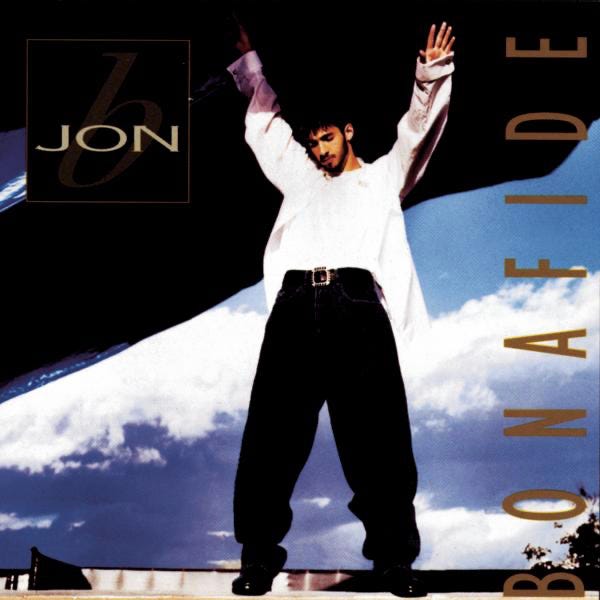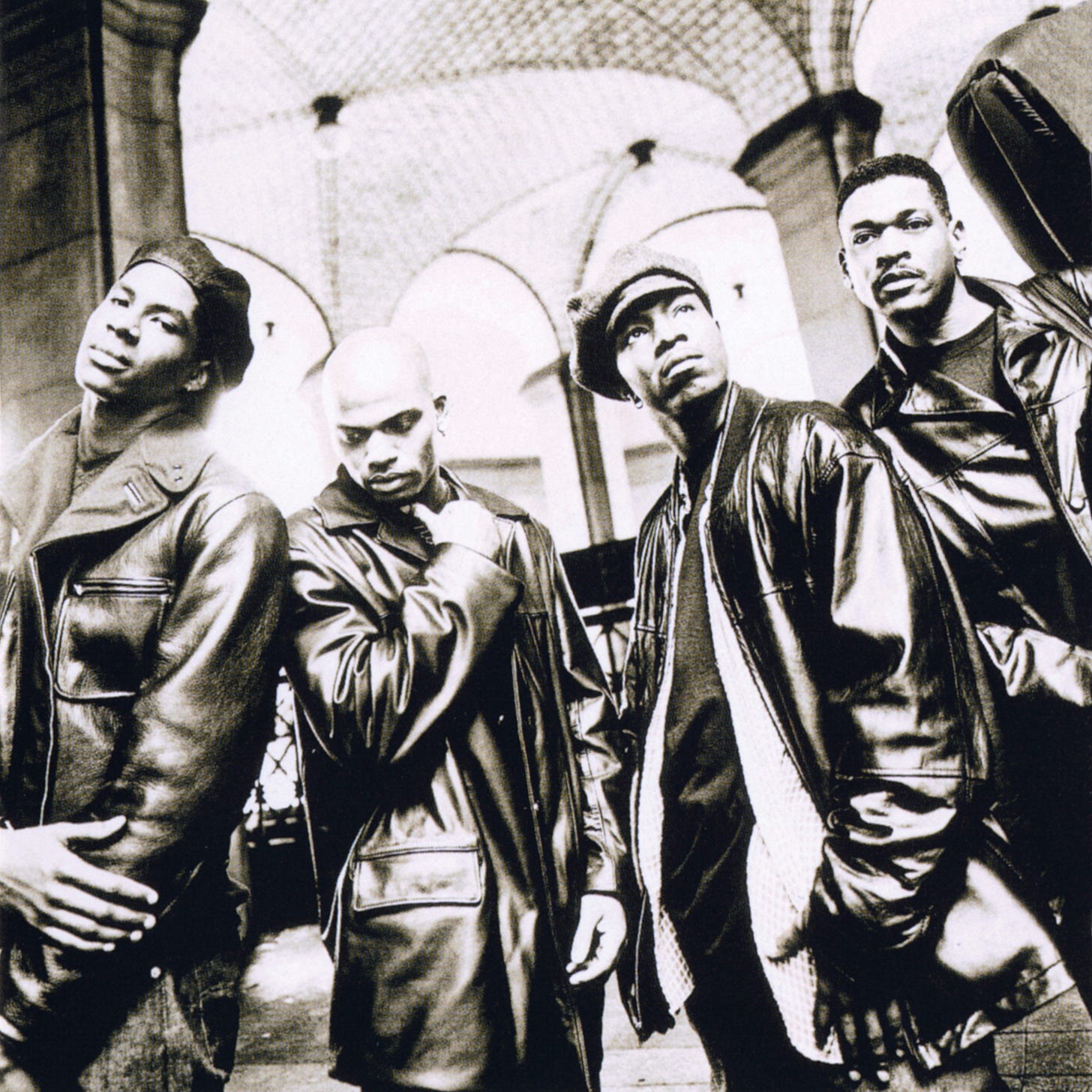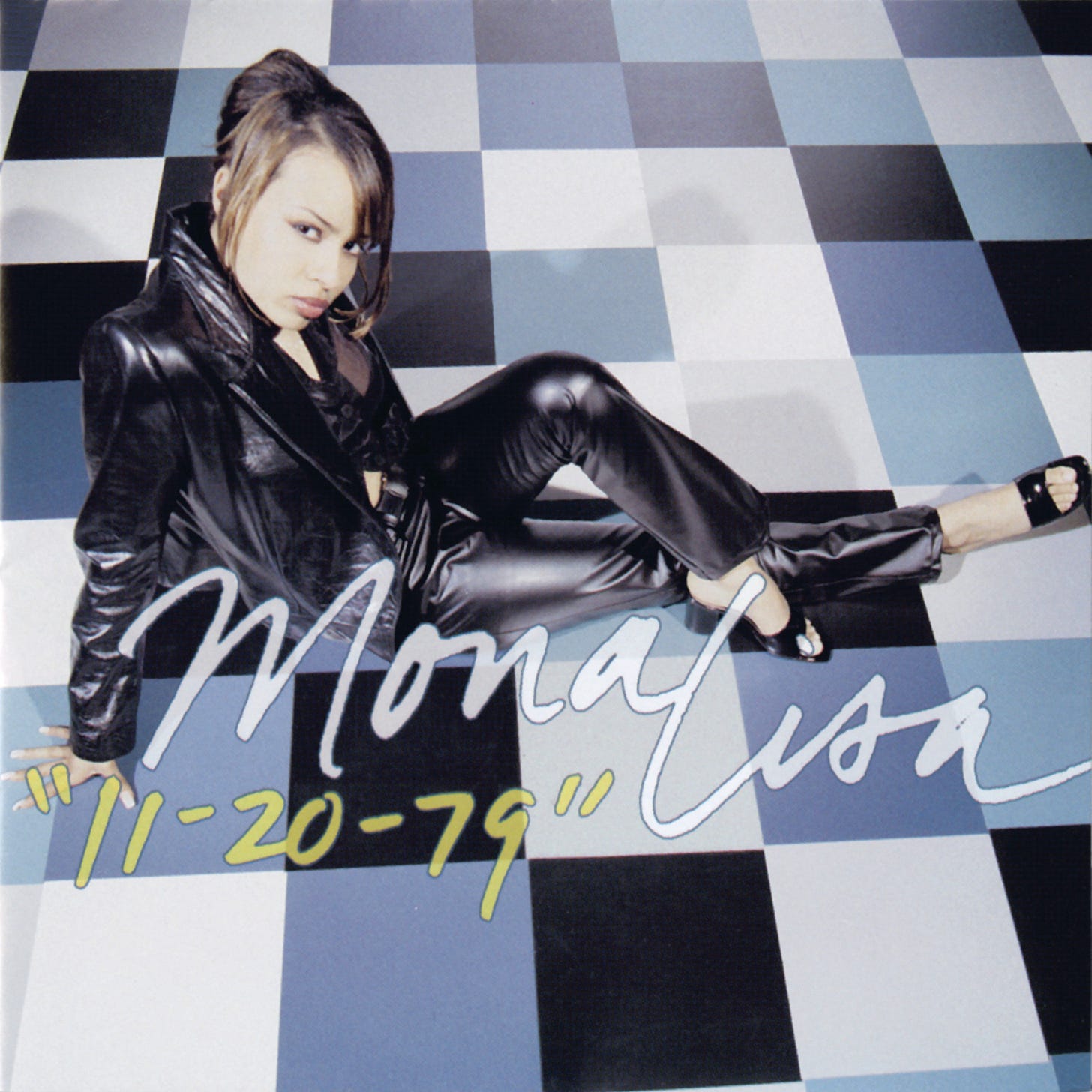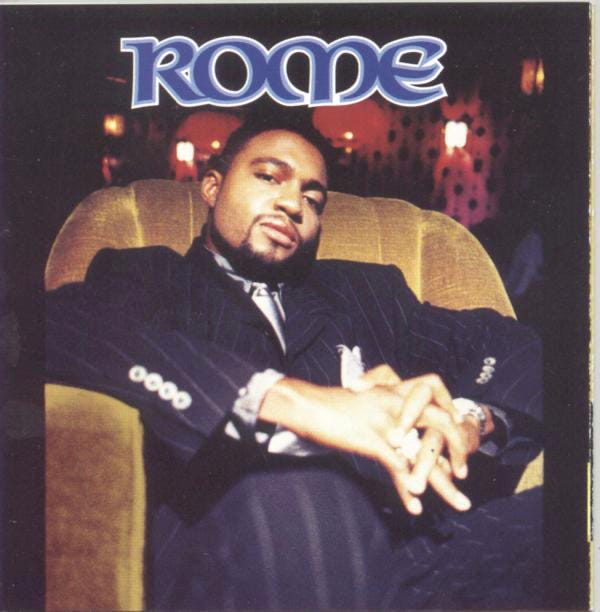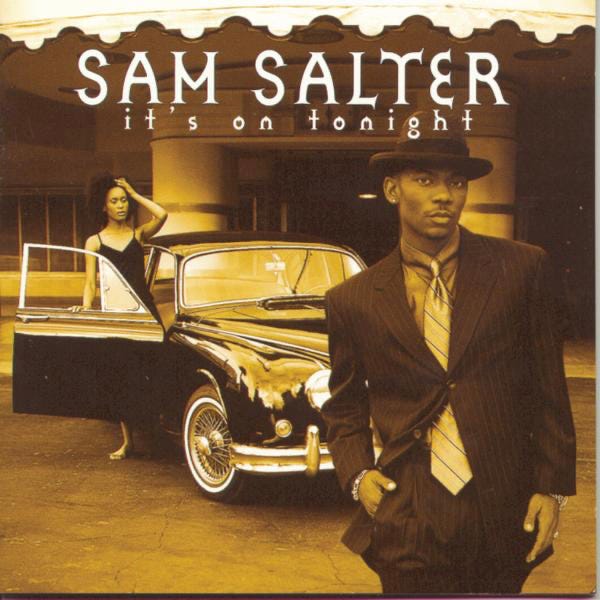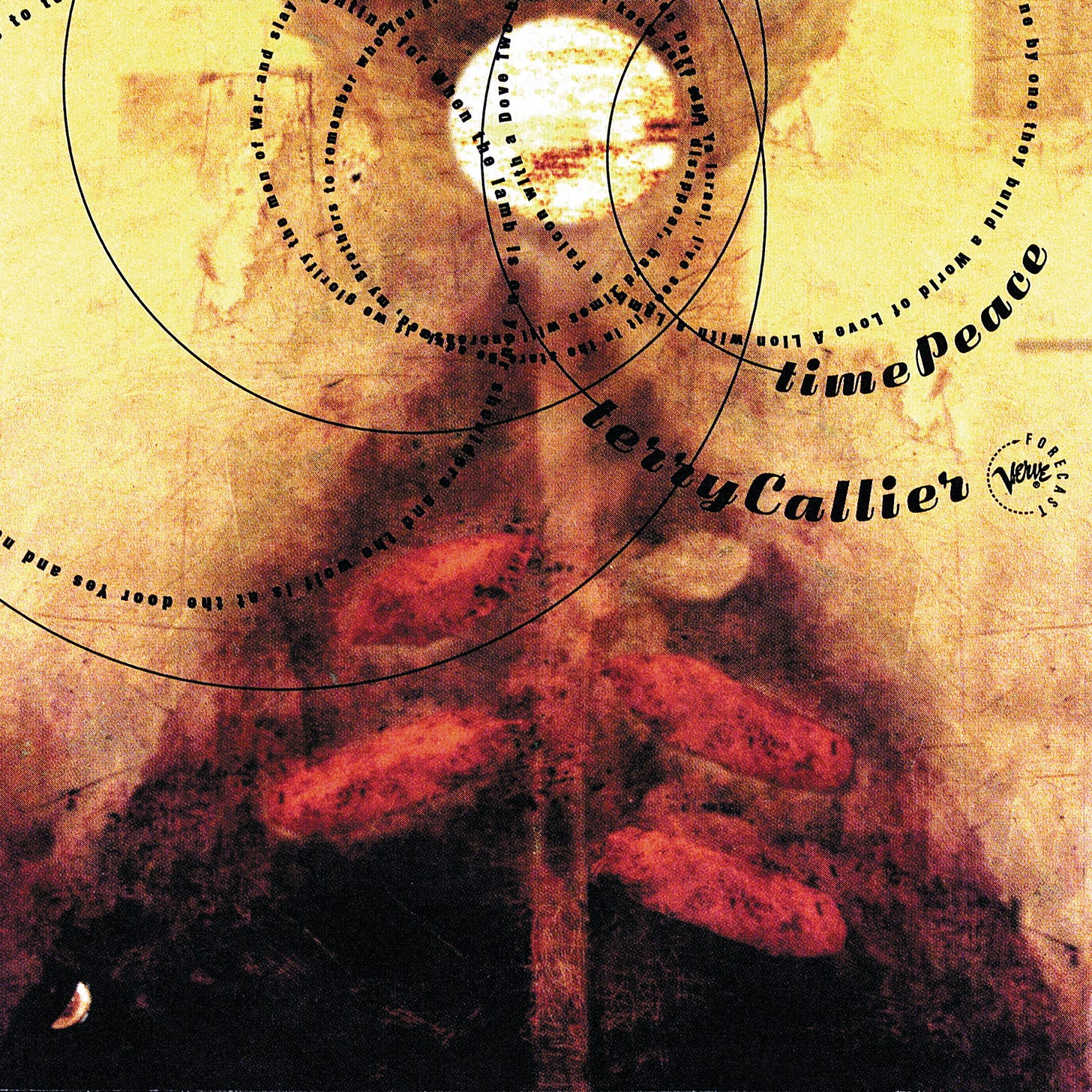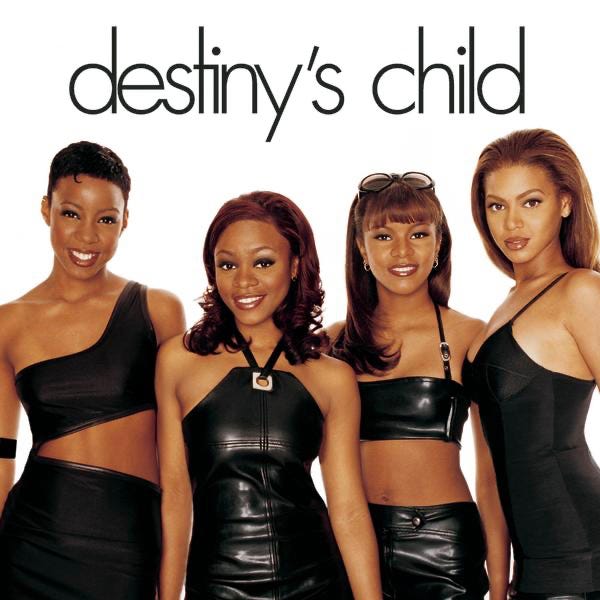R&B Albums from the ‘90s That Deserve More Appreciation (Part One)
We are shining a light on R&B’s underappreciated albums of the 1990s. Currently, here is part one from the series, featuring ten LPs that are often forgotten or overlooked.
We’re back!
The 1990s delivered a tidal surge of R&B that still dominates playlists; yet, beneath the towering platinum plaques, lay a quiet cadre of records whose influence still resonates in the circuitry of modern soul. These albums weren’t under-promoted failures, but they simply arrived in the slipstream of blockbuster releases, their subtler colors drowned by neon hooks and label bravado. Each one mapped intimate emotional terrain—bedroom jams, street-corner confessions, gospel-stained uplift—while experimenting with textures that would later feel inevitable.
Across the decade’s shifting centers—Minneapolis studios scented with the Purple One’s residue, Oakland basements thick with smoke and Rhodes, Chicago lounges where folk chords met church cadences—artists chased a more personal frequency. Revisiting these ten records offers more than crate-digger bragging rights. It’s an invitation to trace the quieter currents that shaped the decade’s emotional vocabulary—how a baritone could make modesty sound seductive, how gospel harmonies could soften new-jack edges, how a stripped guitar could carry as much weight as a wall of synths. No myths, no liner-note legends—just the sound of artists refining quiet storms while the spotlight swept past.
Lalah Hathaway — Lalah Hathaway
Lalah Hathaway drifts between Chicago’s South Side and Los Angeles’s after-hours lounges with this 1990 self-titled debut, her voice carrying the weight of Donny’s cadence yet claiming its own dusky center. On “Heaven Knows,” she threads a long, behind-the-beat glide against muted trumpet and a Rhodes that lingers just south of major, letting the phrase “nobody ever loved me” break like a reluctant laugh. “Somethin’” rides a walking bass while she scatters Ella-cued triplets; moments later, “I’m Coming Back” swells in stacked gospel chords that vibrate like warm organ pipes. The record stretched quiet-storm tempos just enough to make room for jazz harmony and church resonance, nudging 90s R&B toward a subtler pulse.
Bonafide — Jon B
A Pasadena kid raised on Stevie and Shalamar slips into 1995’s R&B fray, trading surf sunburn for midnight blue lights. Babyface’s mentorship surfaces in “Someone to Love” when Jon’s tenor slides into a suspended ninth behind the chorus, the harmony stacking like late-night freeway overpasses. “Pretty Girl” counters with a G-funk bounce, talk-box twinned with his clipped, conversational hook about front-seat promises. His cadences pivot from hurried confessions to half-spoken asides, always landing on melodies that feel overheard rather than performed. Bonafide mapped a white-soul blueprint later traced by dozens, proving pigment held no veto over swing.
Solo — Solo
Four Minneapolis voices orbit Jimmy Jam & Terry Lewis’s Flyte Tyme studio, tightening harmonies where Prince once prowled. “Heaven” lifts on a staggered call-and-response that ricochets between tenor pleas and falsetto exhales, with church echoes tucked inside new-jack snares. “Xxtra” locks into minor-ninth chords and clipped syncopation, while “Where Do U Want Me to Put It” struts over slap-bass and sly spoken refrains. The album eases swingbeats into silkier neo-soul grooves, handing the baton from drum-machine skitter to human sway without dropping the pocket.
11-20-79 — Mona Lisa
Bronx songstress Mona Lisa steps into Uptown’s post-Blige corridor with shoulders squared and alto poised. “Can’t Be Wasting My Time” drapes her rounded vowels over Lost Boyz’ staccato bars, the hook snapping back like a subway turnstile. “You Said” rides brushed drums and muted horns, while “Keep on Dreaming” cracks snare rims against hand-clap grids, toggling between velvet and bounce. Lyrics weigh heartbreak against self-worth, never pleading, simply accounting. The album forms a low-key link between hip-hop soul’s raw seams and the sleeker sheen that soon glossed 2000s R&B.
Rome — Rome
Rome’s baritone cuts through 1997’s candle-lit airwaves, warm as bourbon yet precise as dotted eighths. “I Belong to You (Every Time I See Your Face)” lifts a whole-step mid-verse, then suspends a falsetto cry across the final refrain, stretching tension until it sighs. “Do You Like This” snaps into a two-step shuffle, while “Crazy Love” smolders over Rhodes and rim-clicks, proving ballads aren’t his only dialect. Self-produced layers—close-mic’d breaths, low-key string pads—hint at the coming singer-songwriter surge, intimacy rendered in minor-seventh detail.
It’s On Tonight — Sam Salter
LaFace’s late-90s conveyor lifts Sam Salter above the fold, velvet tone primed for after-hours FM. “After 12, Before 6” flips syncopated kick patterns beneath falsetto flips that land like tossed keys on a hallway table. Title track strings swell wide, yet “Every Time a Car Drives By” pares back to bass pulse and finger snaps, demonstrating range without clutter. His pen once shaped other voices; here he keeps the best confessions for himself, phrasing heartbreak like whispered voicemails. The album’s elastic runs and sudden drops preview the acrobatic melisma soon dominating 2000s slow jams.
Ghetto Cyrano — Christión
Oakland duo Christión crash Roc-A-Fella’s rap citadel with Rhodes-soaked ambition and blunt-ash croon. “Full of Smoke” layers vocal stacks over wah-washed keys, channeling Marvin’s ghost without mimicry. “Bring Back Your Love” rides a slinky clavinet groove, while “I Wanna Get Next to You” drapes strings across bar-room laments, toggling grit and satin. Ghetto Cyrano sketched a lush, analog blueprint later sampled by beatmakers hungry for soul that smelled like basement vinyl rather than boardroom gloss.
TimePeace — Terry Callier
Chicago troubadour Callier resurfaces from 70s folk-soul exile, British crate-diggers spurring a 1998 return. “Jazz, My Rhythm and Blues” flicks between open-tuned guitar voicings and modal piano that blur folk cadences into soul swing. The title track breathes meditative over brushed snares, while “People Get Ready/Brotherly Love” re-stitches civil rights hymnody into personal testimony. Upright bass hums beneath sparse keys, framing Callier’s grainy baritone like lamplight on brick. TimePeace quietly seeds 21st-century singers who lace acoustic confession with gospel heft.
Destiny’s Child — Destiny’s Child
Houston quartet step into late-90s girl-group traffic, gospel roots flashing under streetwise denim. “No, No, No (Part 2)” snaps staccato exchanges against Wyclef’s guitar chop, flipping the original’s glide into syncopated insistence. “Second Nature” glides on plush harmonies and muted horns; “Bridges” throws attitude over kick-drum swagger, warning rivals before Survivor armor arrived. Arrangements weld Sunday-morning melisma to club-ready bounce, forecasting their leap from local shine to global pulse.
The Truth — Prince
During Crystal Ball sessions Prince lays down The Truth, an acoustic detour stripped to skin and strings. Title track finger-picks a restless 6/8, palm slaps the body for percussion, every hammer-on exposing vertebrae beneath the virtuosity. “Don’t Play Me” growls bluesy regret, while “Circle of Amour” spirals into devotional riddles, light and shadow trading verses. Minimal overdubs—ghostly backing choirs, a single organ pad—leave breath audible and frets squeaking. The set foreshadows the unplugged candor later prized by singer-songwriters, proof that purple mystique could speak softly and still command silence.



